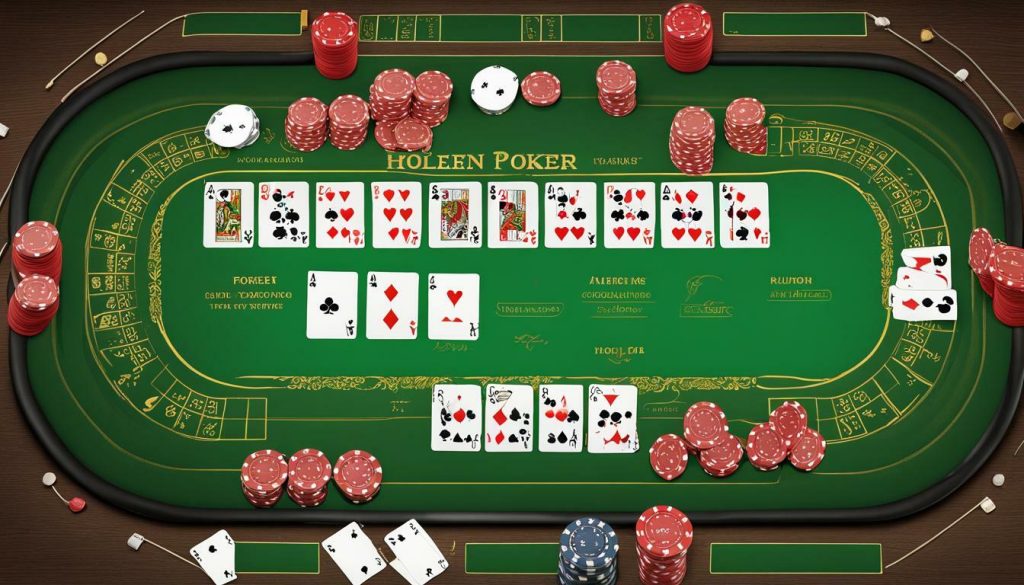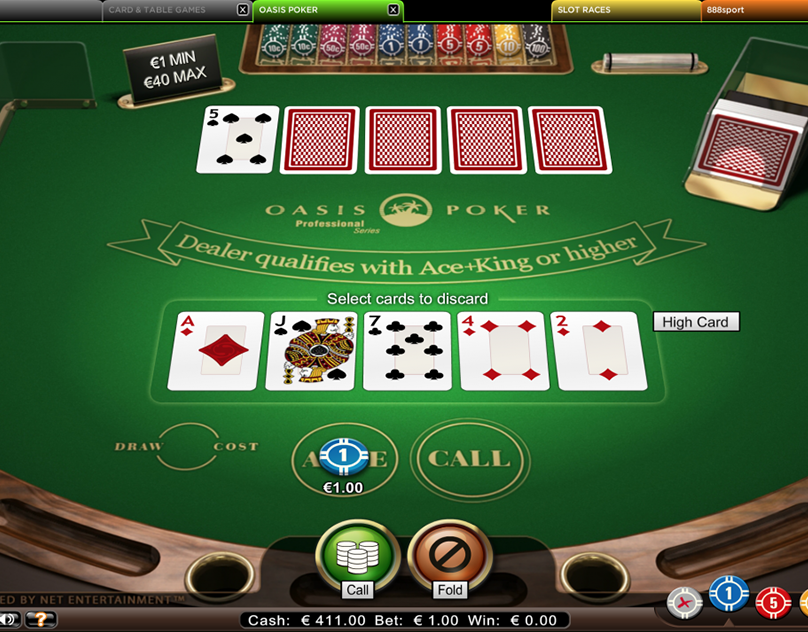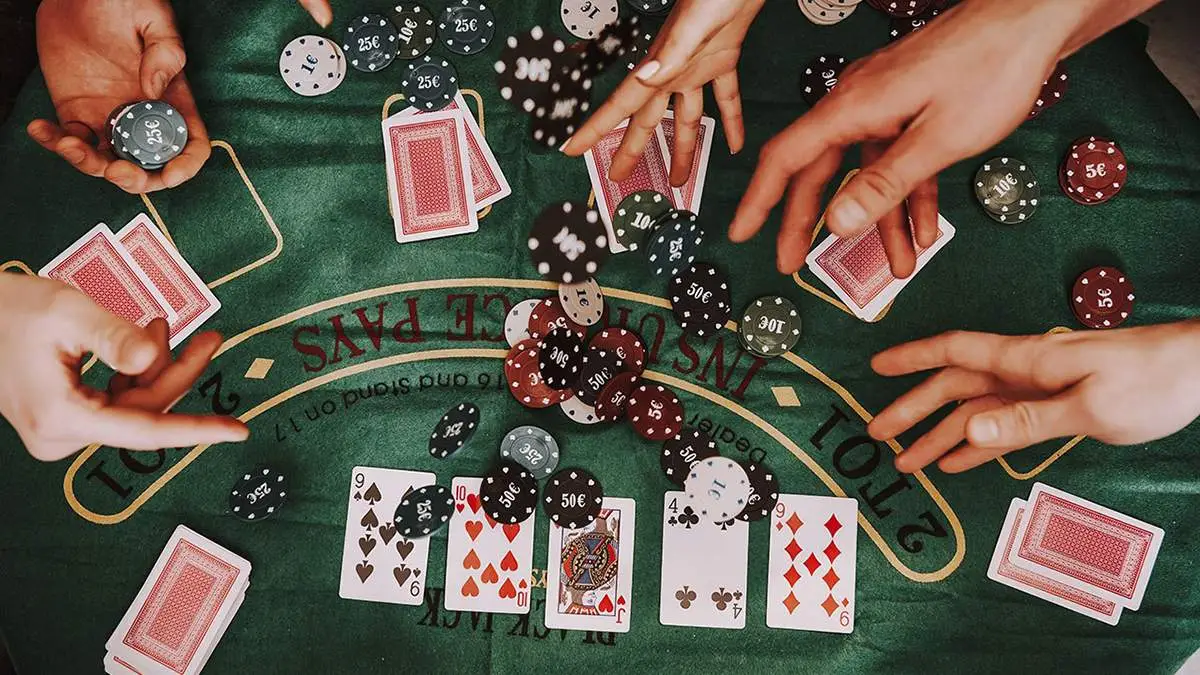In the world of gambling, the discipline of poker has long occupied a separate niche, combining logic, mathematics and psychology. With the advent of the digital age, the format has undergone many transformations. Today there are many varieties of online poker, each of which offers unique rules, tactics and rhythm. In order not to get confused among the names and understand where to start, it is worth considering the key differences between the popular variants.
Main varieties of online poker: classification and features
“Table” game is a whole collection of models. There are more than a dozen variations, each of which in its own way affects the strategy, approach to the draw and the overall dynamics of the table. These include Texas Hold’em, Omaha, Stud, Razz, Lowball, Badugi, Five Card Draw and Chinese Poker. Knowing the differences allows you to effectively match your own style.
Texas Hold’em
The most popular form. A player receives two closed cards and uses them together with five common cards to make the best combination. Due to the open information and accessibility of the rules, Texas Hold’em has become a staple discipline in tournaments. Its ease of mastery makes it an ideal starting point in card duels for beginners. But don’t underestimate the depth: poker strategies based on position, hand range and bluffing skills are important.
Omaha
At first glance, it’s the same as Hold’em, but there’s a twist: each player has four cards in hand, and you can only use two of them. This variant increases combinational possibilities and leads to big banks. The most popular variant is Pot-Limit Omaha, where bets are limited by the size of the pot. Omaha requires a high level of discipline, the ability to calculate probabilities and analyse common cards.
Stud
In Stud, players are dealt up to seven cards, some of which are open. There are no common cards, each player forms his own combination. The absence of a dealer’s position, a unique betting system and the ability to see part of the opponents’ hand make the competition particularly interesting for those who are able to analyse behaviour at the table. The complexity is increased by the increased amount of information and the need to constantly make decisions based on open cards.
Razz
The opposite of the classic card combinations. In Razz, it is not the highest hand that wins, but the lowest hand. Players struggle to collect the weakest combination – without pairs, with minimum values, which requires rethinking the usual logic and will suit those who are looking for non-standard approaches and are ready to play “inside out”.
Five-card draw
The simplest variant in theory and one of the oldest. All participants receive five cards, some of which can be discarded and new ones added. There are no common cards, the whole intrigue is in drawing and reading the opponents. The model is suitable for those who want to understand the basics of the rules and practice the psychological component. This classic style rightfully takes a place among the popular varieties of online poker due to its accessibility and emphasis on personal skill.
Lowball
A variation in which the lowest value hand wins. One of the most popular variants is 2-7 Triple Draw, where players make three card exchanges and aim for a 7-5-4-3-2 combination of different suits. Lowball is a poker discipline in reverse: the weaker the hand, the better. A great way to develop mental flexibility.
Badugi
Atypical representative with its own rules. Participants receive four cards and exchange the unwanted ones. A hand of different suits and no matches at face value wins. The format is complex, but interesting. Badugi is the choice of those who are tired of the usual schemes and want to expand their horizons.
Chinese Poker
A completely different pace and logic. The player receives 13 cards and divides them into three hands: two of five and one of three. Each hand is compared with a similar hand of the opponent. Here is important not only the rules of poker, but also the ability to think a few steps ahead. Suitable for those who appreciate strategy and unusual serves.
What to look for when choosing a style?
 Beginners should not immediately throw themselves into all varieties. It is more logical to start with a simple Hold’em and gradually try other versions. Basic selection criteria:
Beginners should not immediately throw themselves into all varieties. It is more logical to start with a simple Hold’em and gradually try other versions. Basic selection criteria:
- complexity of rules – from intuitive (Hold’em, Draw) to specific (Razz, Badugi);
- availability of online games – the largest number of tables in Hold’em and Omaha;
- bank size – fixed limits or dynamic no-limit bets;
- pace – fast draws in Hold’em and more measured draws in Stud;
- the need to analyse opponents – critical in Hold’em and Omaha.
Parameters will help to orientate in the rules and choose a comfortable option to start. Online poker varieties differ not only in mechanics, but also in the atmosphere at the table – so it is important to find one that suits your style.
Poker for Beginners: What kind of poker should a beginner choose?
For beginners, it’s important not to splash out on all types of poker disciplines at once, but to focus on one format where you can hone your basic skills.
The best way to start is Texas Hold’em, which has simple rules, a clear betting structure and a huge database of training materials. It allows you to quickly learn the basics: positions at the table, hand ranges, opponent behaviour.
Once you have mastered it, you can move on to Omaha, a game with a lot of information and aggressive dynamics. Later on, it is logical to try Stud, where observation is important, and Razz as an alternative way of thinking. Styles like lowball and baduga require a good understanding of poker logic, so they are suitable for those who are already confident in the basic disciplines.
Conclusion
 The key is to take your time: mastering online poker requires consistency, not chaotic choices. Each format has its own dynamics, depth and required skills. For those wondering how to play poker competently, it is important to start with the basic disciplines and then try something new. This approach will not only help you master bluffing games, but also develop a personal strategy, turning the process into a meaningful intellectual hobby.
The key is to take your time: mastering online poker requires consistency, not chaotic choices. Each format has its own dynamics, depth and required skills. For those wondering how to play poker competently, it is important to start with the basic disciplines and then try something new. This approach will not only help you master bluffing games, but also develop a personal strategy, turning the process into a meaningful intellectual hobby.
 en
en  de
de  ar
ar  es
es  hi
hi  fr
fr  nl
nl  it
it  pt
pt  el
el 









